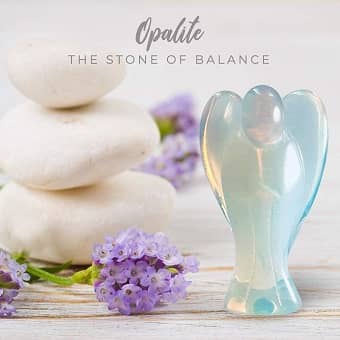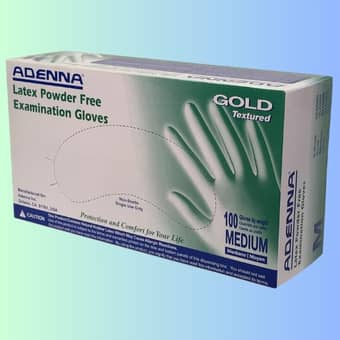Controlling your appetite is crucial for managing weight. Essential oils can help you with this through natural methods. Add certain oils to your routine. They can help reduce cravings, boost metabolism, and support fat burning. This guide shows how essential oils can help cut your appetite and boost fat loss. Discover practical tips to use these natural tools in your daily life. They can improve your health and speed up results.

Table of Contents
- I. The Biochemistry of Appetite Suppression
- II. Essential oils with proven appetite-reducing properties
- III. The Synergistic Effects of Essential Oils and Healthy Eating
- IV. Practical Applications: Integrating Essential Oils into Your Daily Routine
- V. Real-World Success Stories: Transformation Through Scent
- Essential oils reduce appetite and curb cravings
- FAQ
Key Takeaways:
-
Essential oils such as grapefruit, peppermint, and ginger may help lower appetite. They work by affecting hormones and brain signals linked to hunger.
-
These oils can help speed up metabolism and burn fat. Pair them with a healthy diet and regular exercise for the best results.
-
Essential oils can help with cravings and support weight management. You can use them in aromatherapy or apply them to your skin.
I. The Biochemistry of Appetite Suppression
Your body’s appetite control relies on complex signals. Hormones like ghrelin and leptin play key roles. Ghrelin makes you feel hungry. It tells your brain that you need energy. Leptin signals that you are full. Some essential oils can affect these pathways. They do this by adjusting hormone levels or neurotransmitter activity. As a result, they can reduce hunger signals. Inhaling peppermint oil can lower cortisol levels. High cortisol often leads to stress eating. Essential oils can change your body’s chemical balance. This helps control the signals that make you feel hungry. As a result, you can make more mindful food choices.
1.1. How Essential Oils Interact with the Brain
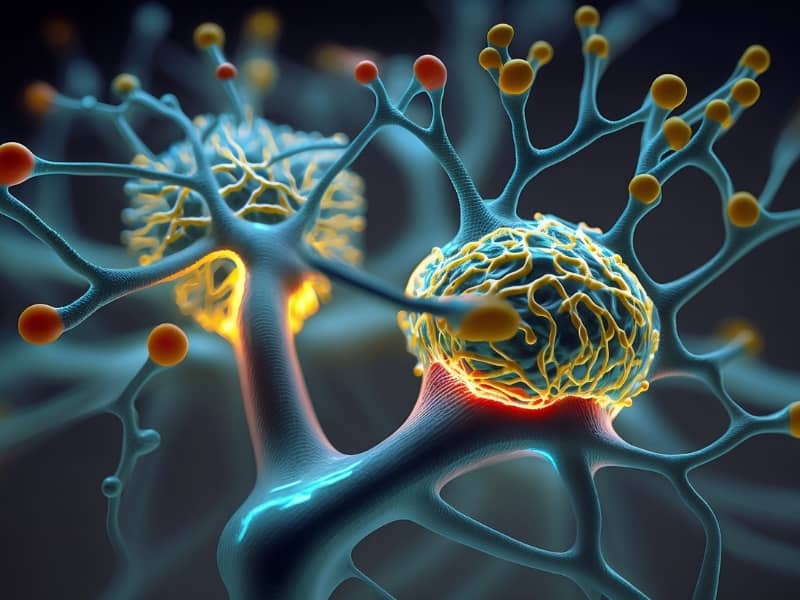
Essential oils help reduce appetite by activating olfactory receptors as their main function. These receptors send signals to the limbic system, which controls emotions and memories. Grapefruit and cinnamon scents can boost hunger control. They affect neurotransmitters like serotonin and dopamine. These chemical messengers control mood and hunger. They also lower your craving for high-calorie foods. Scent forms a rapid connection with our brain. This is why breathing in essential oils can make you feel full or content right away. As a result, you can resist cravings better.
1.2. The Role of Aromatherapy in Reducing Cravings
Aromatherapy works by creating sensory experiences that disrupt habitual eating patterns. Oils such as fennel and ginger can soothe the nervous system. This helps reduce cravings tied to anxiety, which often cause overeating. Studies show that people who smell these scents eat fewer snacks. They also have better control over impulsive eating. Aromatherapy can help you focus on calmness instead of food during tempting moments.
Aromatherapy with essential oils not only calms but also boosts memory and emotions. This helps you change how you relate to food. Inhaling vanilla or lavender can help you relax and lower stress. These are two common triggers for emotional eating. Participants who used these scents reported binge eating less and feeling better. Adding aromatherapy to your daily routine can help with appetite control. It creates a space that supports both your mind and body.
II. Essential oils with proven appetite-reducing properties
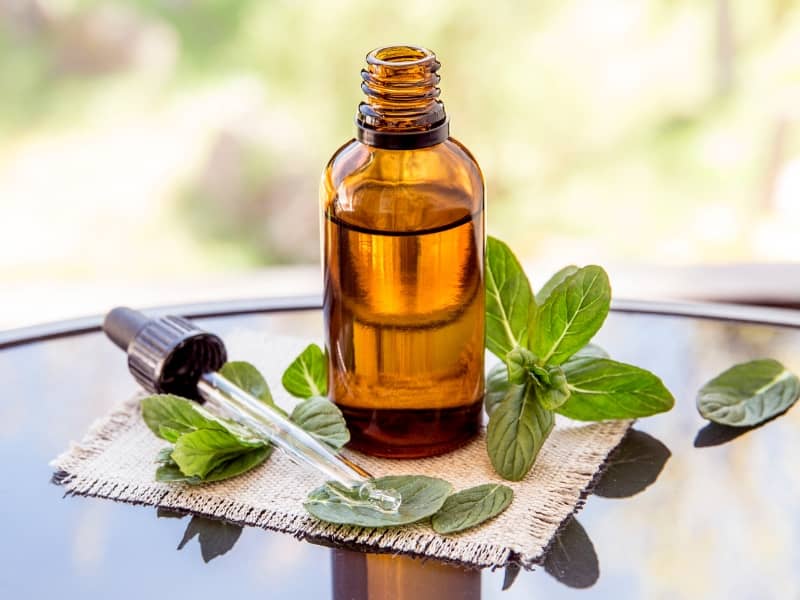
Use essential oils like grapefruit, peppermint, and ginger. They can help control your appetite. Grapefruit oil stimulates serotonin production, helping reduce hunger and increase feelings of fullness. Peppermint oil calms the digestive tract and reduces hunger signals. Ginger oil boosts metabolism and curbs cravings. Regular use of these oils can assist you in managing your food intake in a natural way. You can use them in aromatherapy or apply them to your skin.
2.1. A Deep Dive into Popular Oils: Peppermint, Grapefruit, and More
Peppermint oil has a fresh scent that can reduce appetite. It works by activating smell receptors linked to fullness. This makes snacks less tempting. Grapefruit oil boosts your metabolism and balances insulin. This may help reduce food cravings. Meanwhile, ginger oil’s thermogenic properties encourage fat burning and digestion efficiency. Other notable oils like fennel and cinnamon support digestion and glucose regulation. Using these oils in diffusers or on your skin helps you feel less hungry and boosts fat burning all day.
2.2. The Evidence: What Research Says About Its Efficacy
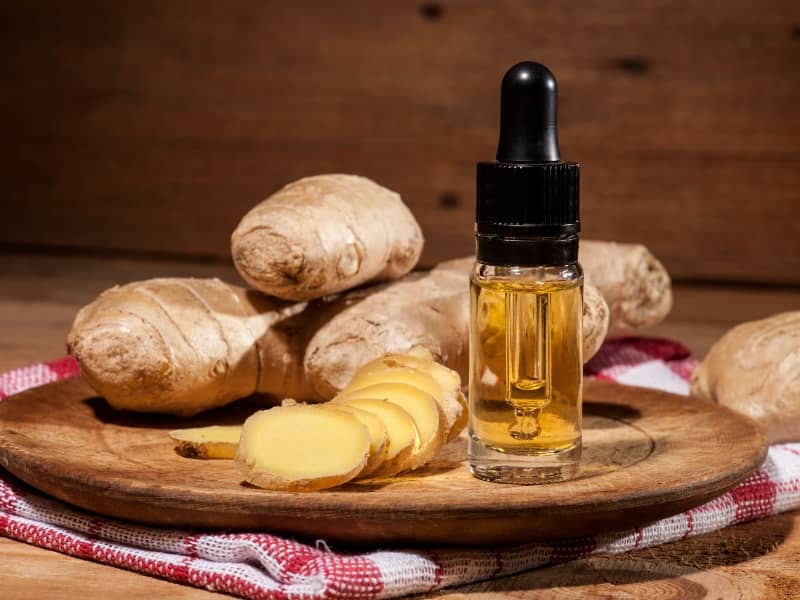
Breathing in grapefruit essential oil can lower calorie intake by 15%, studies show. Peppermint oil also helps reduce hunger and boost digestion. Trials involving ginger oil noted increased fat oxidation and decreased appetite-related hormones. These results show that oils can help with weight management. This is true when used with a good diet and exercise, even though responses may differ for each person.
New research shows that essential oils affect appetite and metabolism through hormones. A 2015 study in the Journal of Alternative and Complementary Medicine discovered that the scent of grapefruit oil reduced cortisol levels. This hormone is often connected to stress eating. Participants showed a significant reduction compared to those who didn’t smell the oil. Peppermint oil might lower ghrelin, the hunger hormone. It does this by influencing the nervous system in a similar way. Researchers need to conduct larger human trials to confirm these findings. Current evidence shows that essential oils may help with overeating and fat loss.
III. The Synergistic Effects of Essential Oils and Healthy Eating
Combining necessary oils with mindful dietary choices amplifies their appetite-suppressing and fat-burning potential. Grapefruit oil can boost feelings of fullness when you use it during meals. This can help you avoid overeating. Pairing this with a balanced, nutrient-rich diet supports metabolism and keeps energy stable. Peppermint oil helps curb hunger and improves digestion. This makes nutrient absorption better. These oils work well with healthy eating habits. Together, they create a strong approach to weight management. This method is more effective than using either one alone.
3.1. Enhancing Nutritional Choices with Scent Therapy
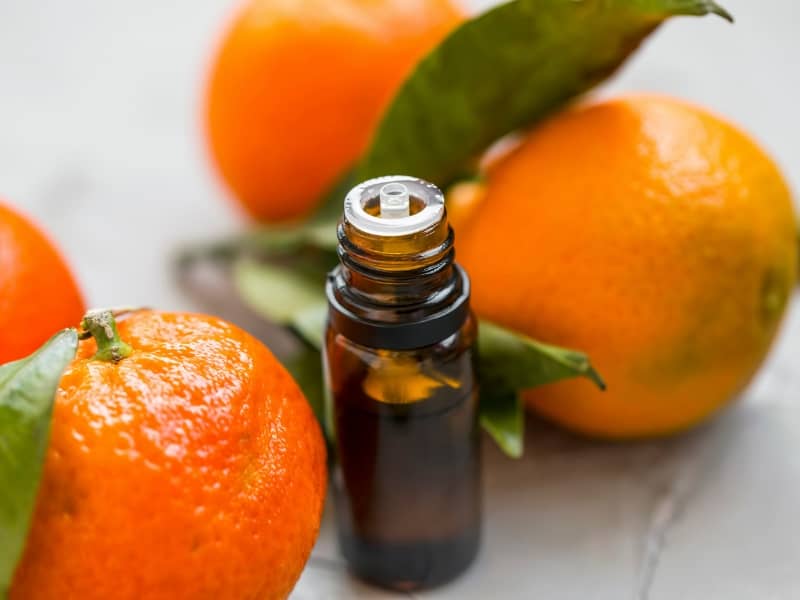
Citrus essential oils, like lemon or orange, can make your cooking healthier. They may reduce cravings for sweets and processed items. The lively scents wake up your senses. They make fresh fruits, veggies, and whole grains more tempting. Scent therapy can lower cortisol levels. These levels often rise when you stress-eat. This helps you stick to your nutrition goals without feeling deprived.
3.2. Using Essential Oils to Curb Emotional Eating
Lavender and chamomile essential oils can help soothe emotions that lead to overeating. Using these oils on your skin or by breathing them in helps you relax and lowers anxiety. This makes it easier to avoid snacking for comfort. Their calming effects focus on the limbic system, which controls emotions. This helps break the cycle of stress eating and encourages mindful food choices.
Oils like bergamot and clary sage can affect mood. They do this by changing neurotransmitters such as serotonin and dopamine. This biochemical influence helps diminish compulsive eating behaviors linked to emotional distress. Using essential oils every day can help with emotional eating. Try them when you’re stressed or at bedtime. This approach focuses on the root causes, not the symptoms.
IV. Practical Applications: Integrating Essential Oils into Your Daily Routine
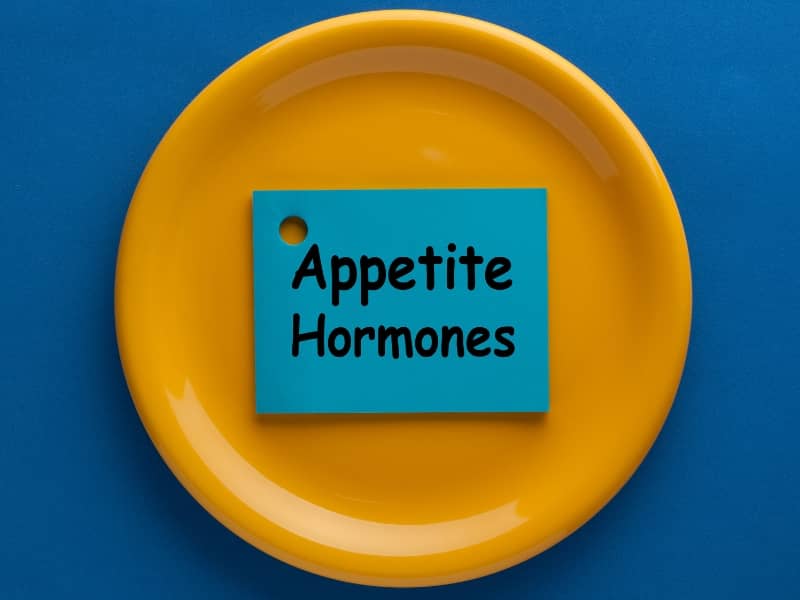
Using essential oils daily can help control appetite and boost fat metabolism. Plus, it won’t disrupt your schedule. Using oils like grapefruit in the morning can help cut cravings. Rubbing peppermint on your skin before meals may boost your energy, too. Consistent use of these methods aids in natural weight management. You can adjust how you use them to fit your lifestyle and preferences.
4.1. Methods of Use: Inhalation, Diffusion, and Topical Application
Inhalation sends oil molecules straight to your limbic system. This has a rapid impact on hormones that control your appetite. Diffusing oils fills the air with a lovely scent. This helps keep your appetite in check for longer. Using diluted oils on your skin, like ginger on your abdomen, helps your body absorb them. This can boost your metabolism in that area. Combining these techniques can enhance their benefits. They also fit well into your wellness routine.
4.2. Crafting Personalized Blends for Optimal Results

Mixing oils such as grapefruit, peppermint, and ginger creates powerful effects. This combo boosts appetite suppression and enhances fat burning. You can make a blend that suits your scent and body. Start with equal parts and change it based on how you feel and how well it works. Personalized blends use several biochemical pathways at once. This gives a fuller approach compared to using single oils.
To make your blends, start with a base like fractionated coconut oil. Then, add 3-5 drops of your chosen essential oils for every 10 ml of carrier oil. Experimenting with ratios is important. For example, adding more grapefruit can lift your mood. Also, using peppermint helps control appetite. These changes boost the blend’s effect. Keep a record of your responses each day. This helps you improve your formula while keeping it enjoyable and effective. This personalization honors your unique biochemistry and scent preferences. It improves adherence and effectiveness as time goes on.
V. Real-World Success Stories: Transformation Through Scent
Users of essential oils often notice changes in their appetite and weight control. Diffusing grapefruit oil during mid-morning breaks can help many people reduce snack cravings. This can lead to a daily calorie cut of 200–300 calories. Some people find peppermint oil helpful. It boosts energy during workouts and increases fat-burning efficiency. These personal stories show that using certain oils can improve discipline. They also help support your fat-burning goals without needing big diet changes.
5.1. Testimonials from users who have achieved their goals
A user shared that using diluted ginger oil before meals helped cut back on overeating. This led to a steady weight loss of 1–2 pounds each week. Inhaling peppermint oil can help you focus. It can also reduce emotional eating, especially on stressful workdays. These testimonials show that essential oils can help with weight loss. Use them with consistency and mindfulness for the best results.
5.2. Lessons Learned: Mistakes and Successes Along the Way
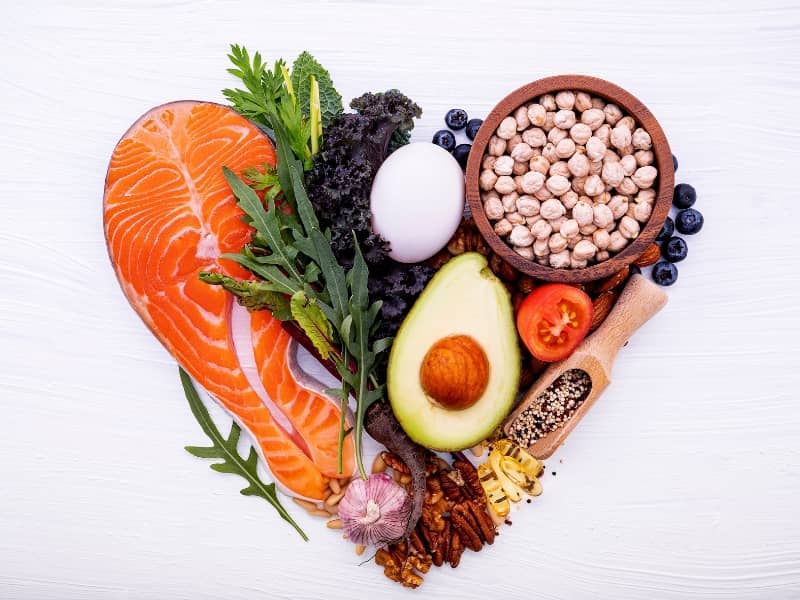
Some users used too much oil or didn’t dilute it, leading to skin irritation or scent fatigue. This slowed their progress. Changing our oil use and mixing it with healthy habits gave us better, lasting results. Trial-and-error moments highlight the need for patience. Personalizing essential oil use is crucial for long-lasting appetite control and fat-burning success.
Understanding the balance between proper usage and expecting gradual changes can prevent frustration. Using oils as tools instead of quick fixes leads to lasting benefits. This works best when combined with healthy meals and regular exercise. Avoiding common pitfalls, like relying too much on scent, helps you use oils better. It turns early setbacks into lessons. These lessons help you achieve lasting change.
Essential oils reduce appetite and curb cravings
Vital oils can help your weight loss journey. They may reduce appetite and boost fat burning. Add oils like peppermint, grapefruit, and cinnamon to your routine. They can help reduce cravings and enhance your metabolism through natural means. These oils affect your body’s chemistry. They help you eat healthier and support your weight loss efforts. Using essential oils is a natural way to support your diet and exercise. This can help you achieve faster and lasting results.
FAQ
Q: How do essential oils help in reducing appetite?
Essential oils can impact appetite. They do this by affecting the limbic system in the brain. This system controls emotions and hunger. Oils like grapefruit and peppermint can make you feel full. They also help cut cravings and reduce the urge to snack often.
Q: Which essential oils are most effective for curbing cravings?
The best essential oils for managing cravings are grapefruit, lemon, peppermint, and ginger. Grapefruit oil has a cheerful scent. It may help reduce hunger. Peppermint oil can help reduce hunger. It creates a refreshing and satisfying feeling.
Q: How can essential oils promote fat burning?
Essential oils can promote fat burning by stimulating metabolism and improving circulation. Oils such as grapefruit and rosemary may raise the body’s thermogenic effect. This can help burn more calories. These oils may help the body burn fat when used with a healthy diet and exercise.
Q: What are the safe ways to use essential oils for appetite control and fat burning?
You can use essential oils in three safe ways:
-
Aromatherapy.
-
Mixing it with a carrier oil and applying it to the skin is
-
Adding drops to a diffuser.
It is important not to ingest essential oils unless under professional guidance. Using oils like grapefruit or peppermint on pulse points can aid appetite control. Inhaling these scents may also boost metabolism.
Q: Are there any precautions to consider when using essential oils for weight management?
Yes, you should use essential oils with care. We recommend patch testing before using the topical product. This helps avoid allergic reactions or skin irritation in some people. Pregnant or breastfeeding women and those with certain health problems should talk to a healthcare provider before using essential oils. Additionally, essential oils should complement, not replace, a balanced diet and exercise plan.
Last Updated on November 11, 2025 by Holistic Healths

